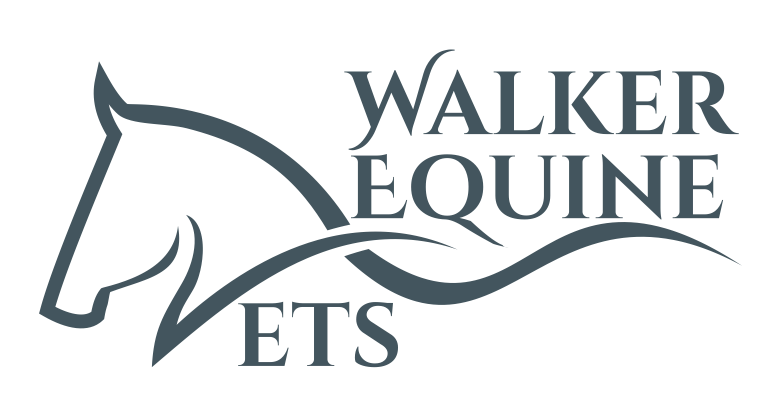EUTHANASIA
The most difficult responsibility in horse ownership is ensuring that our much loved animals have a dignified and pain-free end, and knowing when to make this decision is not always clear cut accident illness, old-age and a change in circumstances are all factors which may lead to the decision for euthanasia. We are available to discuss your worries about making the decision and guide you through the process which best suits you.
Many horses live happily into their twenties, a small number even longer. Injury or sudden illness may result in a decision having to be made quickly, but the effects of old age, disease or lameness may cause gradual deterioration making it less obvious to see the change. Questions to ask are: can they express normal behaviour? are they in constant pain? are their basic needs being met? Knowing your horse, pony or donkey, you will become aware when he or she is no longer enjoying life or that quality of life has deteriorated intolerably. As an owner your ultimate responsibility is to ensure that your horse does not suffer needlessly and is able to pass away with dignity. This is often a sad and emotionally traumatic time and it is worth giving some thought to the practicalities of dealing with this event before it actually occurs.
It is kinder to give an old a horse a dignified end, than to pass them on or be unable to care for them properly.
The British Horse Society have an excellent guide to help you make decisions about your horses quality of life in this situation – more information can be found via this LINK
The Options:
Injection:
Usually the horse is sedated before the lethal injection is given intravenously. The horse will gradually lose consciousness and collapse before the heart stops. Horses may take a final breath or make an unconscious movement after collapse.
Free bullet:
A vet or trained professional, slaughterman, knackerman or huntsman, all licensed to use such a firearm, can euthanise a horse using a gun. The gun is placed against the head, and the horse is shot, collapsing quickly to the ground. The horse may make unconscious movements and have a heartbeat for a short time. It is possible to sedate the horse first if this is the owner’s preferred option.
Removal of the body:
We can arrange in advance for collection of the body soon after euthanasia. Horses are cremated in most circumstances. Individual cremation with the return of the ashes is usually an increased cost to normal. Burial of horses is allowed in certain circumstances, by permission obtained from the landowner, and ensuring there is no proximity to watercourses amongst other considerations.
To conclude:
Please consult with us at an early stage. It is best when dealing with an old horse, nearing its end, to plan in advance. It is better for the welfare of the horse for it to be humanely put to sleep before it’s situation becomes critical.
Our staff and vets are experienced in supporting this difficult situation and can assist through the entire process, including collection of the remains.
A well-planned euthanasia can be less stressful for horse owner, and vet.

